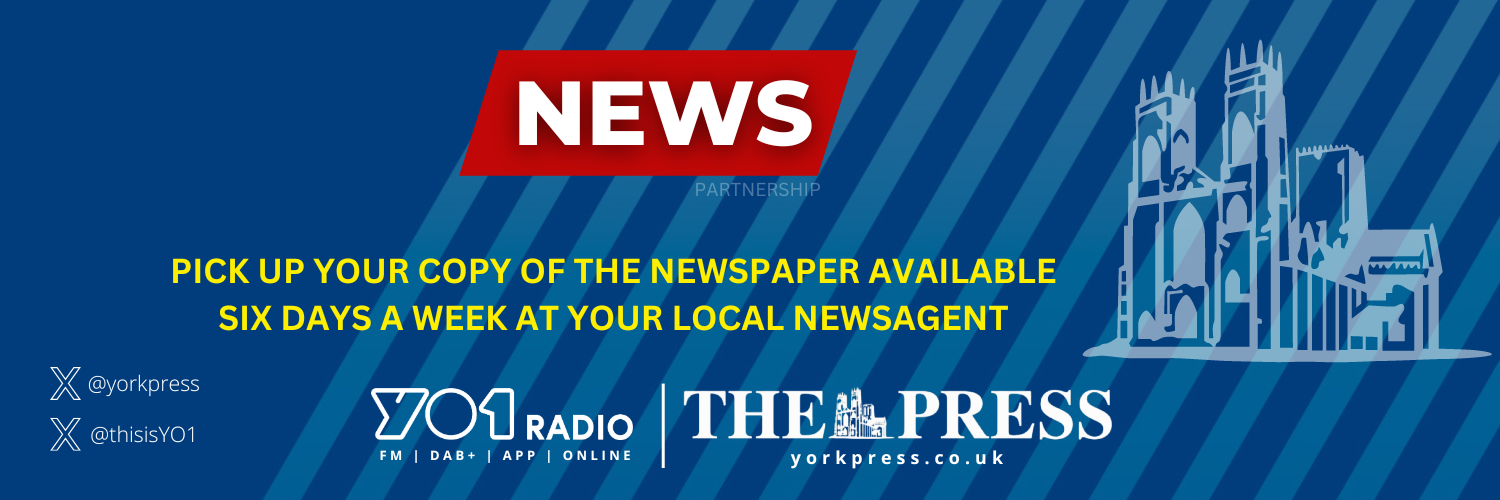
£31 million of redirected HS2 funding confirmed for next financial year to improve bus services in Yorkshire and Humberside
|
|
Yorkshire and Humberside is set to benefit from over £31 million of new funding to improve bus services over the next financial year, the Transport Secretary has announced today (Monday 23 October). This is the first tranche of £1 billion worth of new funding that the government is dedicating to bus services across the North and the Midlands as part of the Network North Plan - with further funding allocations to be announced in due course. While is up to local authorities in partnership with operators to decide how best to use the funding, the total £150m funding for next year across the North and Midlands is enough to support up to 25 million miles of new bus services, helping local authorities provide more regular and reliable services or cheaper fares delivered through fare initiatives and ticket price caps. The funding has only been made possible thanks to this government making the right long-term decisions for a brighter future. The reallocation of HS2 funding as part of Network North ensures that we can deliver our new £36 billion plan to improve the daily transport connections that matter most to people, benefitting more people, in more places, more quickly. Prime Minister, Rishi Sunak said: “Today’s announcement marks the start of the Network North plan coming into action. “We’re backing buses with one of the biggest ever support packages and keeping bus fares down to ensure the country’s favourite means of transport is more affordable for millions of people. “This government is taking the right long-term decisions to deliver on our vision for a fairer and improved transport system by investing billions back into to the transport projects that matter most to people and their communities." The £150 million from redirected HS2 funding is dedicated to levelling up bus services, with areas across the North and Midlands given extra support for bus services to become more frequent, more reliable, cheaper and easier to use. Local authorities may use the additional funding to reintroduce evening services to support the night time economy, increase service frequency meaning less waiting time for passengers, introduce new routes to ensure areas previously unconnected are now connected or introduce a Demand Responsive Transport service to improve connectivity in rural areas. This funding comes on top of the Government’s unprecedented investment of over £3.5 billion for the bus sector since March 2020 to support its recovery from the pandemic, drive improvements to local bus services and encourage more use of buses. The “Get Around For £2” bus fare cap scheme will also be extended again to continue to help people save money. The cap had been due to rise to £2.50 but will instead remain at £2 and continue until 31 December 2024 thanks to the redirected HS2 funding behind the new Network North plan. This takes total Government investment to cap bus fares at £2 to nearly £600 million. Transport Secretary, Mark Harper said: “Buses are the most popular form of public transport, which is why we are continuing to back our buses with record high levels of funding – supporting vital bus services and offering affordable travel for passengers. “This increase in funding to deliver more reliable, frequent and affordable local bus services – and to extend the £2 bus fare cap – has only been possible with the redirected HS2 funding secured by this Government making the right long-term decisions for a brighter future.” Since the £2 bus fare cap was introduced across the UK on 1 January 2023, millions of passengers have benefitted from lower fares. The Get Around for £2 scheme has helped cut bus fares in England outside London by 7.4% between June 2022 and June 2023, with savings even bigger in rural areas where fares have dropped by almost 11%. According to initial analysis from a recent report published by the Department, the scheme has helped encouraged people to get back on the bus, with almost half of respondents saying the fare cap is the main reason they are using the bus more. As part of the Network North plan, we announced that we will spend £2.5 billion to fund in full the long-promised mass transit system in Leeds and West Yorkshire and we will allocate a further £4 billion for local transport across the North’s six city regions to improve connectivity in their areas, benefiting millions of people. Ben Gilligan, Managing Director of East Yorkshire Buses, part of the Go-Ahead Group said: “We welcome the Government’s ongoing investment for the bus industry in addition to funding already allocated earlier this year. This funding is already being used to good effect – expanding services that support Yorkshire’s night-time and weekend economy. “Communities rely on buses and with the £2 fare cap being extended this will encourage more people to switch from cars to use public transport.” Today also sees Yorkshire and Humberside’s Community services for older people and vulnerable passengers receive a 60% funding boost. These “life-saver” services are vital for older and vulnerable people to get to the shops, medical appointments and see loved ones. The funding increase, made through the Bus Service Operators Grant (BSOG), will help keep fares down and has been hailed by charities and vulnerable passengers who have difficulty using regular buses and rely on community services to get around and combat loneliness. This boost comes as part of the Government’s nearly £260 million annual BSOG payments to support bus services in England outside of London. This also includes up to £213 million for commercial bus operators and, for the tenth year, £42 million for Local Authorities. Chief Executive of the Community Transport Association, Victoria Armstrong, said: “Community Transport plays a vital role in connecting people in our communities to health care appointments and social opportunities. We welcome DfT’s announcement increasing the funding for Community Transport organisations and are pleased that the DfT has listened to the needs of the Community Transport sector and responded by increasing this essential funding." |

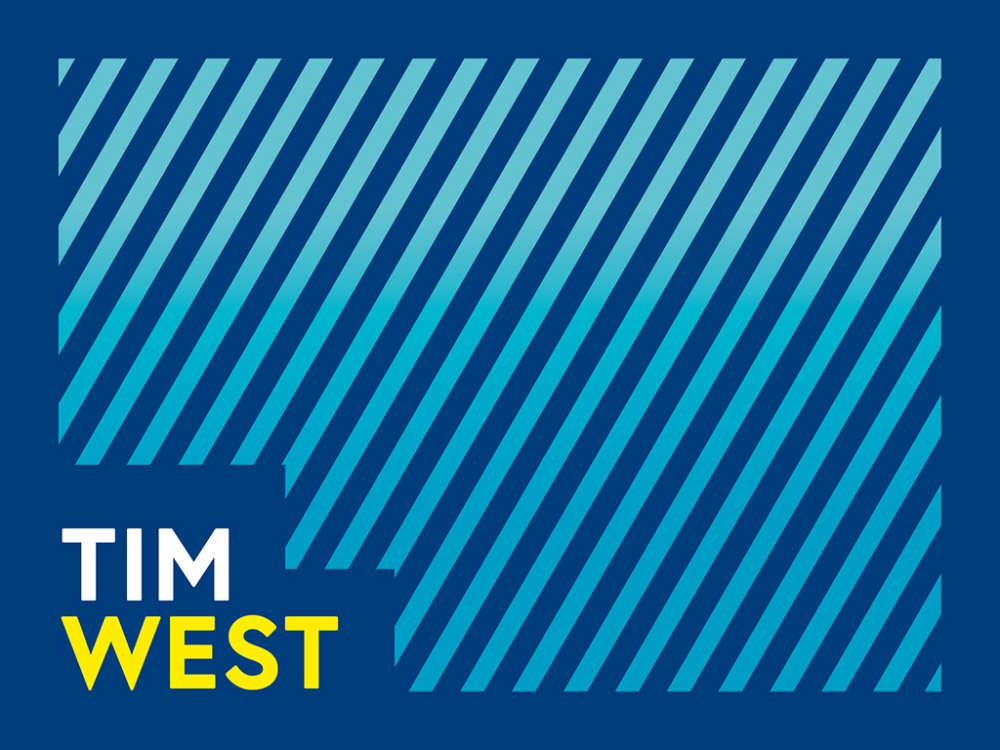
 Invitation to mark the 80th anniversary of VE Day
Invitation to mark the 80th anniversary of VE Day
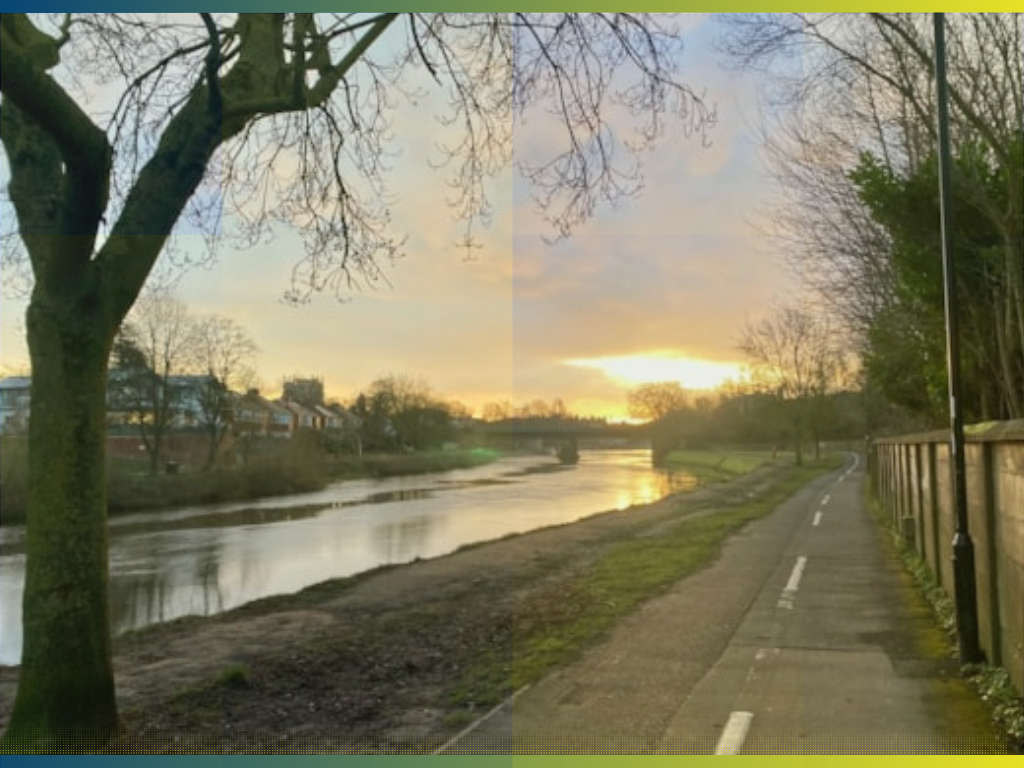 Suppliers invited to shape Ousewem legacy through new York River Walk
Suppliers invited to shape Ousewem legacy through new York River Walk
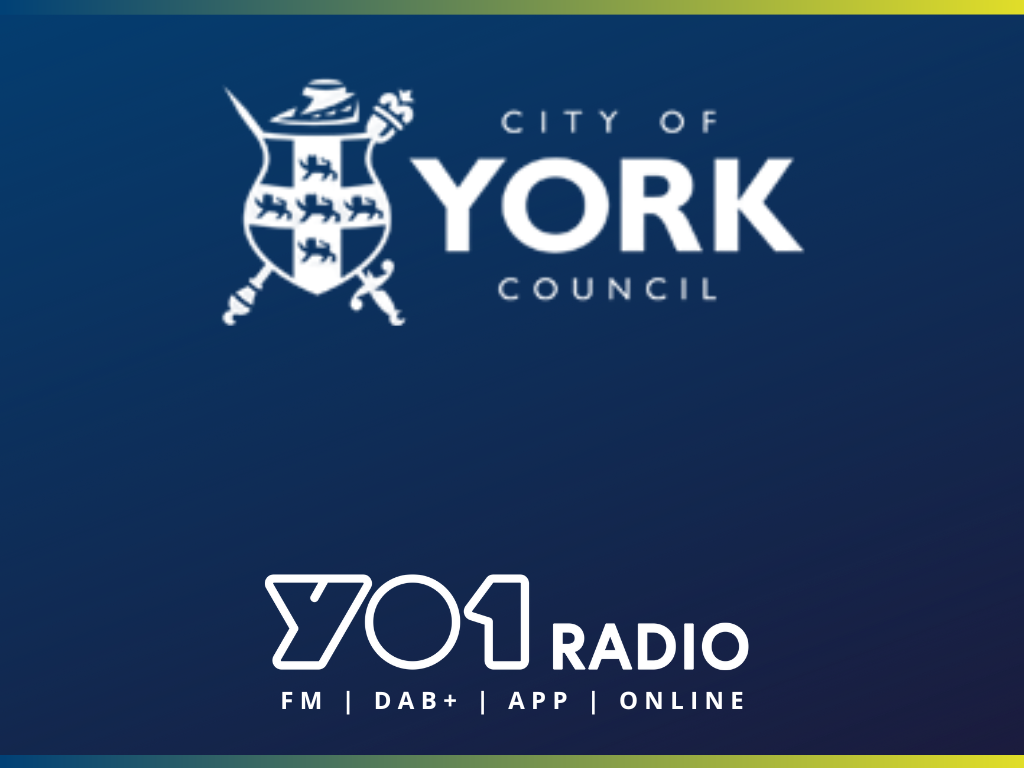 National Offer Day for primary schools: York children allocated their Reception school place for September
National Offer Day for primary schools: York children allocated their Reception school place for September
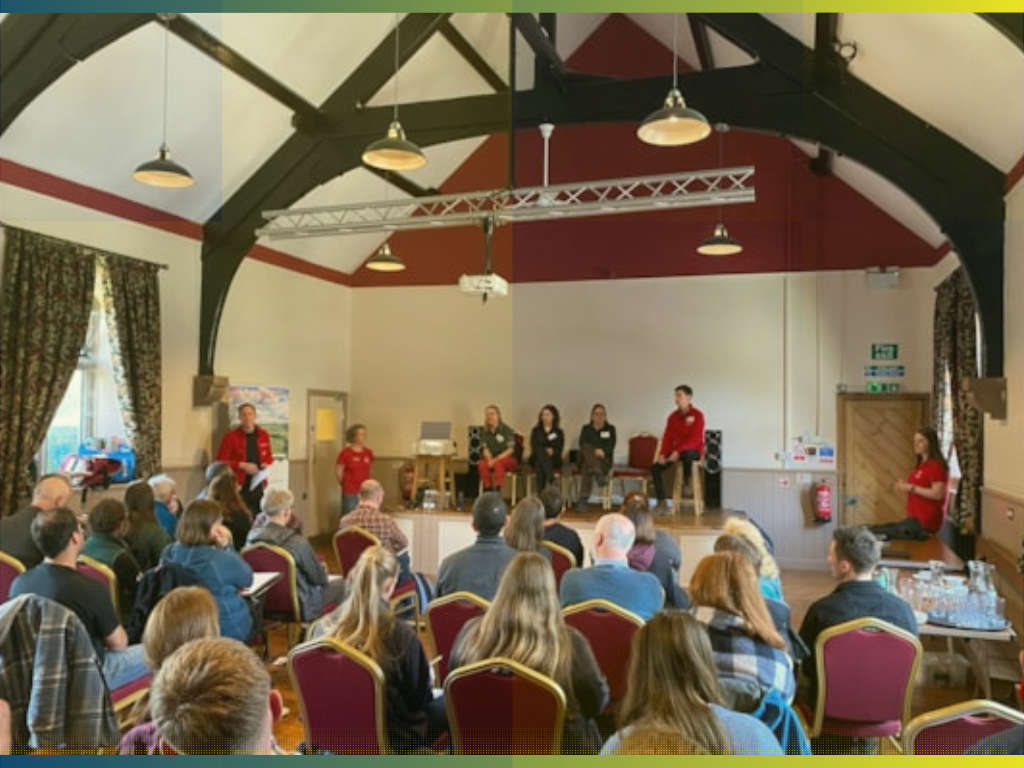 Strengthening flood resilience: Ousewem sponsors Yorkshire’s NFM CoP Monitoring Skill Share
Strengthening flood resilience: Ousewem sponsors Yorkshire’s NFM CoP Monitoring Skill Share
 The Pavers Foundation Supports Paediatric Brain Tumour Charity in York.
The Pavers Foundation Supports Paediatric Brain Tumour Charity in York.









